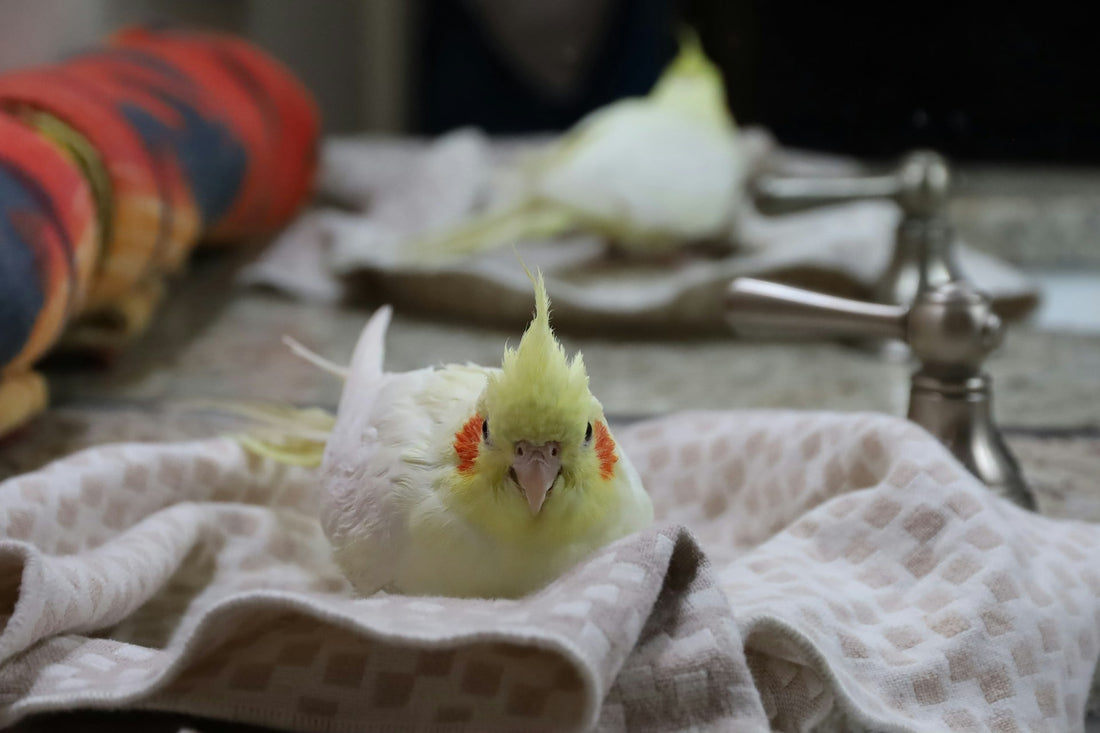Best Practices for Bird Care

Caring for birds can be a rewarding experience, but it requires knowledge and dedication to ensure they live happy and healthy lives. Here are some best practices for bird care that every bird owner should know.
Understanding Your Bird's Needs
Birds have unique needs that vary by species. Before bringing a bird into your home, research its specific requirements for diet, habitat, and social interaction. Common pet birds include parrots, canaries, and finches, each with their own care needs.
Proper Diet and Nutrition
1. Balanced Diet: Ensure your bird's diet includes a variety of seeds, fruits, vegetables, and pellets. Different species have different dietary needs, so consult a vet for a tailored diet plan.
2. Fresh Water: Provide fresh, clean water daily. Birds can be sensitive to contaminants, so consider using filtered water.
3. Avoid Toxic Foods: Some foods, like chocolate, avocado, and caffeine, are toxic to birds. Keep these out of reach.
Ideal Living Environment
1. Spacious Cage: Choose a cage that is spacious enough for your bird to move freely and spread its wings. The cage should be made of non-toxic materials and easy to clean.
2. Safe Perches: Provide a variety of perches made from different materials and sizes to promote foot health.
3. Enrichment Toys: Birds need mental stimulation. Provide toys, mirrors, and puzzle feeders to keep them entertained.
Health and Hygiene
1. Regular Vet Visits: Schedule regular check-ups with an avian vet to monitor your bird's health and catch any potential issues early.
2. Clean Environment: Keep the cage and surrounding area clean. Remove waste daily and disinfect the cage regularly to prevent disease.
3. Feather Care: Ensure your bird has access to a shallow bath or mist it with water to keep its feathers clean and healthy.
Social Interaction and Training
1. Socialization: Birds are social creatures. Spend time interacting with your bird daily to prevent loneliness and behavioral issues.
2. Positive Reinforcement: Train your bird using positive reinforcement techniques. Reward good behavior with treats and praise.
3. Avoid Stress: Minimize stress by maintaining a consistent routine and avoiding sudden changes in the environment.
Safety Precautions
1. Avoid Hazards: Keep your bird away from hazards like ceiling fans, open windows, and toxic household items.
2. Supervised Flight Time: If you allow your bird to fly outside the cage, supervise it closely to prevent accidents.
3. Emergency Plan: Have a plan in place for emergencies, including a travel cage and contact information for an avian vet.
Common Behavioral Issues and Solutions
1. Screaming: Excessive screaming can be a sign of boredom or distress. Ensure your bird has enough mental stimulation and social interaction.
2. Feather Plucking: This behavior often indicates stress, poor diet, or health issues. Consult a vet to identify and address the underlying cause.
3. Aggression: Aggression can be reduced through proper training and socialization. Understand your bird's body language to avoid triggering aggressive behavior.
Caring for a bird requires a commitment to providing a balanced diet, a safe and stimulating environment, and regular health care. By following these best practices, you can ensure your feathered friend lives a happy and healthy life. Visit our Birds section for more products!
